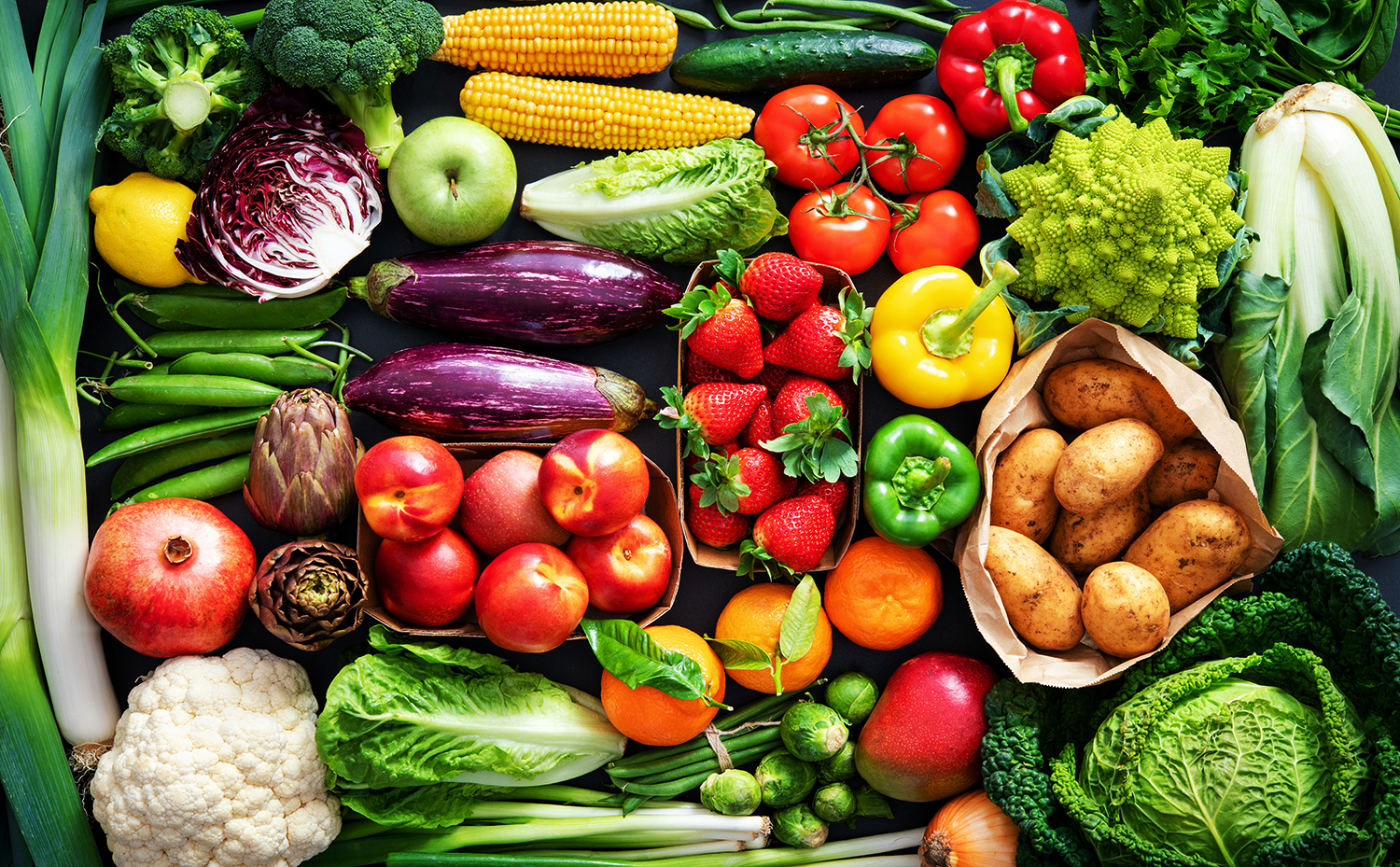20 August 2021 Media Release: Garden Route Fresh Produce Market a step closer to fruition

Media Release: Garden Route Fresh Produce Market a step closer to fruition
For Immediate Release
20 August 2021
Section 84 of the Municipal Structures Act 117 of 1998 provides a comprehensive list of functions for which each district municipality in South Africa is responsible. Over the years preceding the 2016 Council’s appointment, many functions were delegated to Local Government institutions. However, the current Council of Garden Route District Municipality (GRDM) collectively agreed to take control of each mandate assigned by law incrementally. One such mandate is for the GRDM to establish, conduct and control fresh produce markets and abattoirs serving the area of the district municipality as a whole.
According to GRDM Executive Mayor Alderman Memory Booysen, “the GRDM Council firmly supports efforts to promote food security, economic growth and for the GRDM to raise funds to establish a Garden Route Fresh Produce Market (GRFPM)”. Booysen said: “GRDM plans to provide R10,5 million to the GRFPM on a grant or concessional loan basis for 1-year”. He confirmed that a feasibility study and business plan have already been developed and approved by the GRDM Council.
The Garden Route is well-known for its abundant natural resources, particularly its rich soil for agricultural development. In addition, boosting the agricultural sector will also provide the GRDM to invest in small-scale farmers to help them grow their businesses and create a more inclusive agricultural economy. This is in line with GRDM Growth and Development Strategy. Once the fresh produce market is up and running, local producers will be able to supply produce to the regional market and save a lot of costs on transport and reducing greenhouse emissions. These agricultural producers will grow and eventually export their produce to other parts of South Africa and globally.
The agro-based value chain will be positively impacted too, because a fresh produce market can act as appoint where market-related and product information can be made available. Thus, a fresh produce market can serve as more than only a place to sell and buy food from – in essence, a place where expertise can be shared to ensure that everyone grows together.
International Organization for Standardization
Traditionally, previously marginalised farmers grew fruits and vegetables for subsistence and distribution through household and local markets, which has since changed. The globalisation of vegetable and fruit trades demanded improved quality and the meeting of the stringent International Organization for Standardization (ISO) norms. In order to comply with the standards, there are challenges, such as a lack of post-harvest handling technologies, which included the use of more effective cold and/or controlled atmosphere storage facilities and better transport systems. These facilities are most vital if the extended shelf life of the fresh produce commodities is to be insured. The improved technologies would allow more distant and lucrative markets to be penetrated.
The South African Government has subsequently instituted various interventions, which focused on beefing up entrepreneurial skills through capacity building and various empowerment schemes. However, most of the initiated interventions through multiple organisations and Sector Education Training Authorities (SETA) initially focused on the production part of the fresh produce chain, with recent efforts focusing on the entire value chain of a given commodity.
Post-harvest handling technologies in fresh produce depots, when established, would reduce post-harvest losses incurred by previously marginalised fresh produce farmers in South Africa. The GRDM views the establishment of crucial marketing infrastructure as imperative for the survival of the emerging producers and the inclusive economic growth of the region. If producers were well-organised, the sharing of market infrastructure and transport could significantly reduce their business costs.
An approved business plan by Council confirms a dire need for the aforementioned infrastructure. The infrastructure is also anticipated to generate a massive return on investment and promote more trade thereby creating a greater platform for local and national market agents.
Feature image: Istock
Ends
